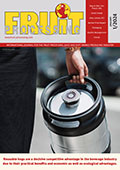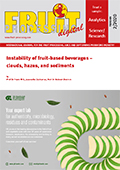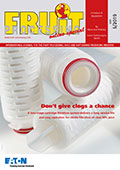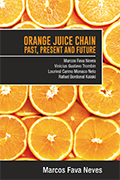Plastipak’s major recycling investment in Spain officially opens
Plastipak, a global leader in the design, manufacture and recycling of plastic containers has announced the formal opening of a major recycling investment at its manufacturing site in Toledo, Spain by Don Emiliano García-Page, President of the Castilla-La Mancha Region.
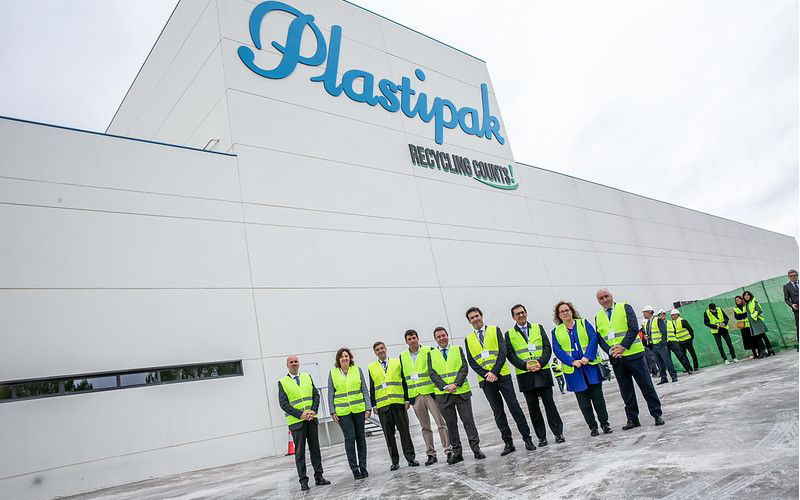
Plastipak, a global leader in the design, manufacture and recycling of plastic containers has announced the formal opening of a major recycling investment at its manufacturing site in Toledo, Spain by Don Emiliano García-Page, President of the Castilla-La Mancha Region. The new recycling facility converts PET flake into food-grade recycled PET (rPET) pellets suitable for direct use in new preforms, bottles and containers.
The new recycling plant will produce 20,000 tonnes of food-grade recycled pellet per year and will eliminate recycled resin transport-related emissions since it is co-located at Plastipak’s current preform manufacturing site. The recycling plant is Plastipak’s fifth recycling facility, with other recycling plants located in USA, France, Luxembourg and United Kingdom. In Europe, Plastipak is the largest producer of food-grade rPET, with well over 150,000 tonnes of rPET capacity per annum.
Pedro Martins, Plastipak’s Executive Managing Director Europe, said “The use of rPET is a key tool in reducing our customer’s Scope 3 related emissions and forms an important part of their ESG-packaging related commitments. As well as supporting our customers to reduce their financial obligations under the planned Spanish plastics tax, the plant will also contribute to the meeting the minimum recycled content levels mandated by the Single Use Plastics Directive.”
To support on-site energy generation, the state-of-the-art facility incorporates advanced energy-saving technologies and equipment that includes the rooftop installation of over 1800 photovoltaic (PV) solar panels. The PV panels are expected to generate more than 1339 MWh of electricity per year that will be consumed entirely on-site, saving more than 443 tonnes of CO2 per year through the avoidance of consumption of electricity from the national grid. This is in addition to the CO2 avoided by using the 20,000 tonnes of recycled resin instead of virgin resin.



